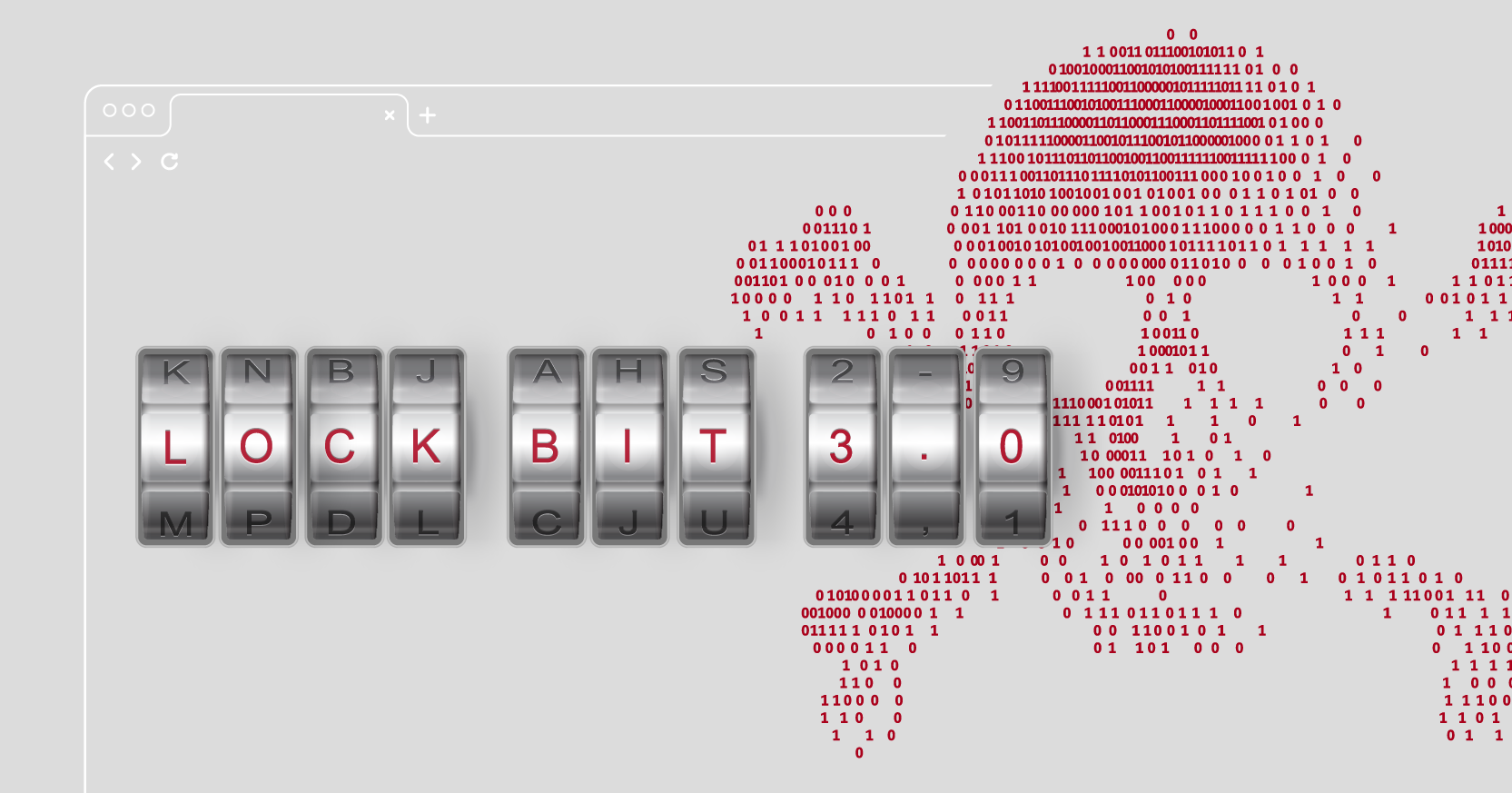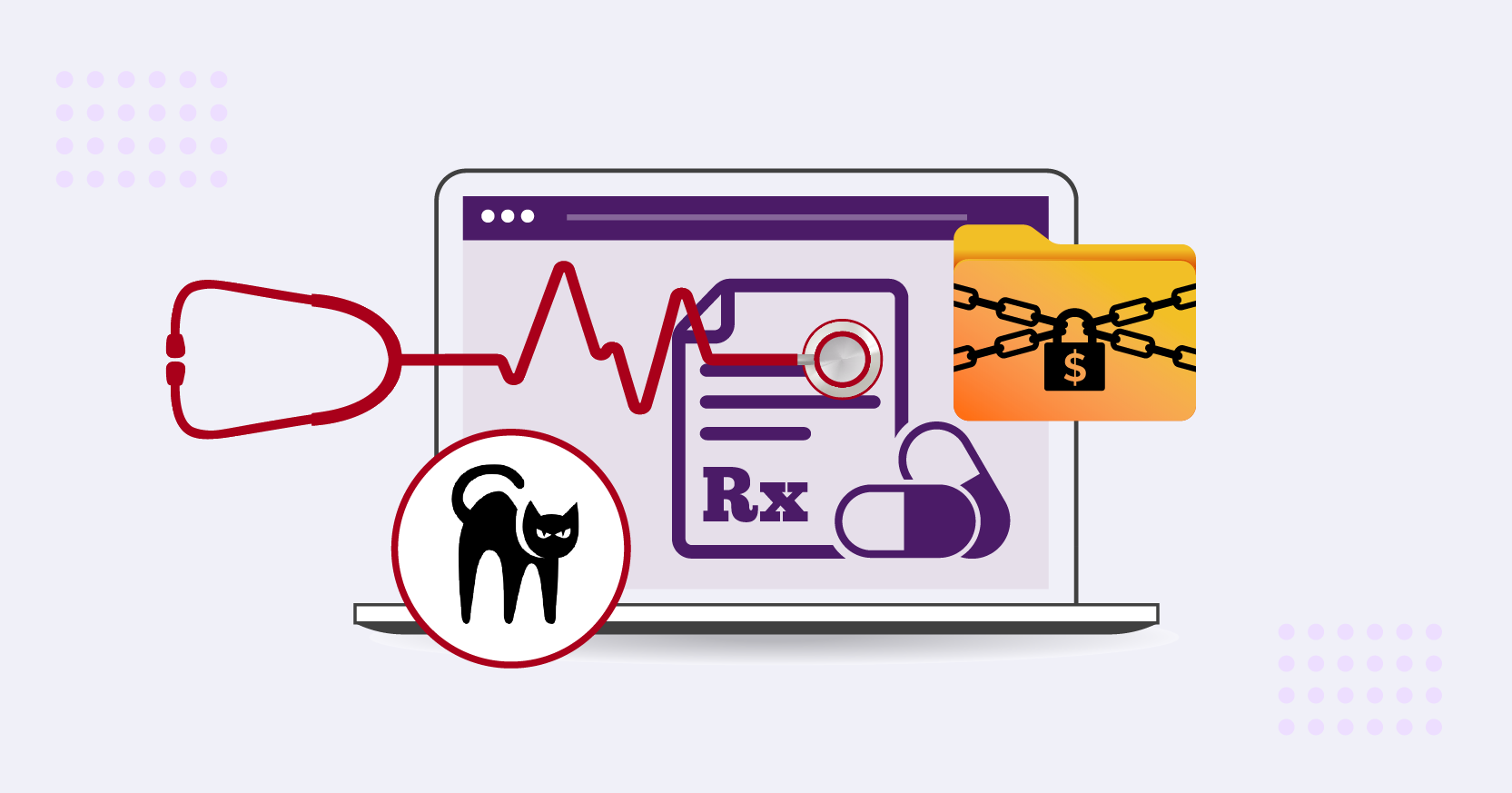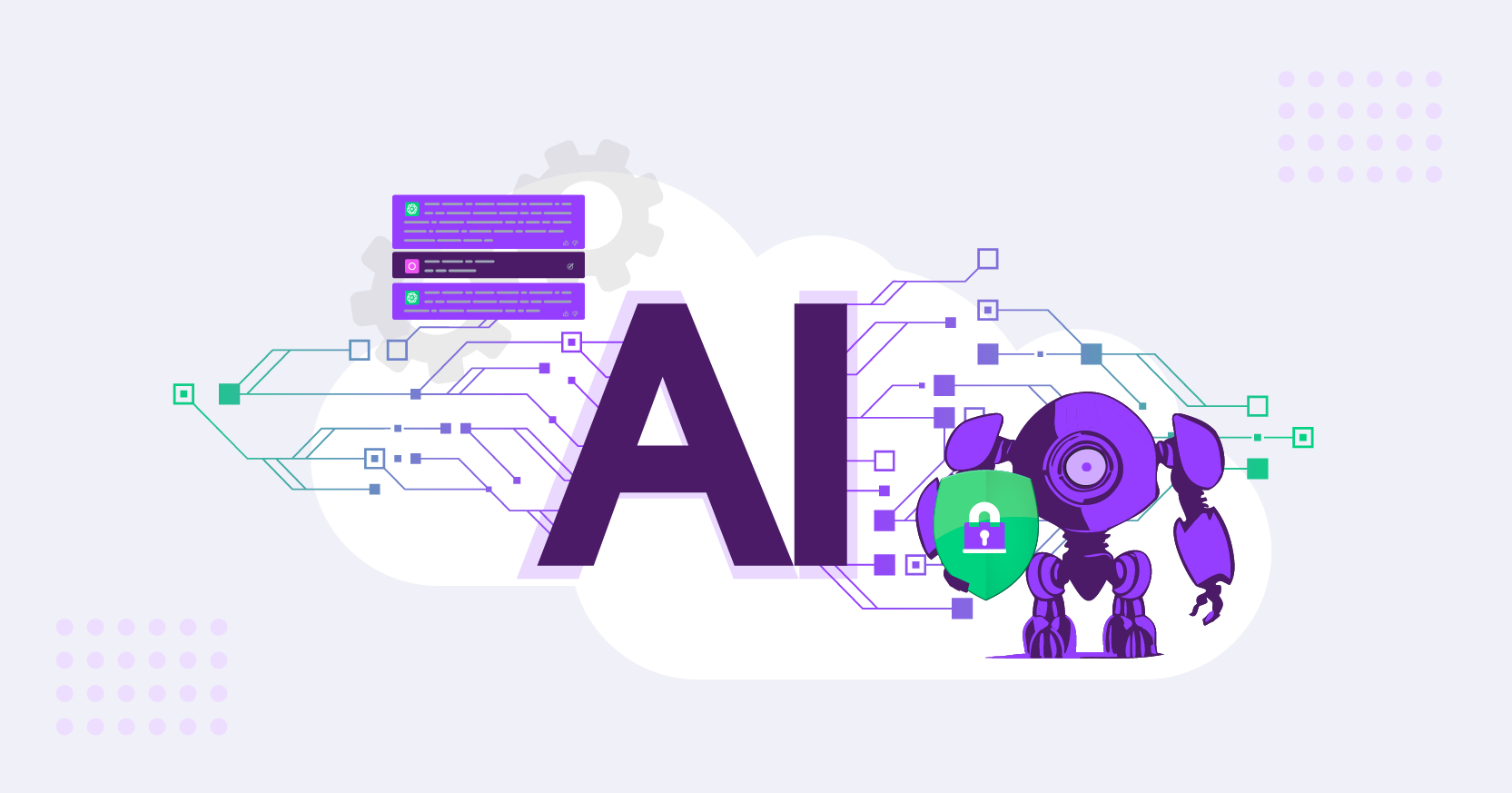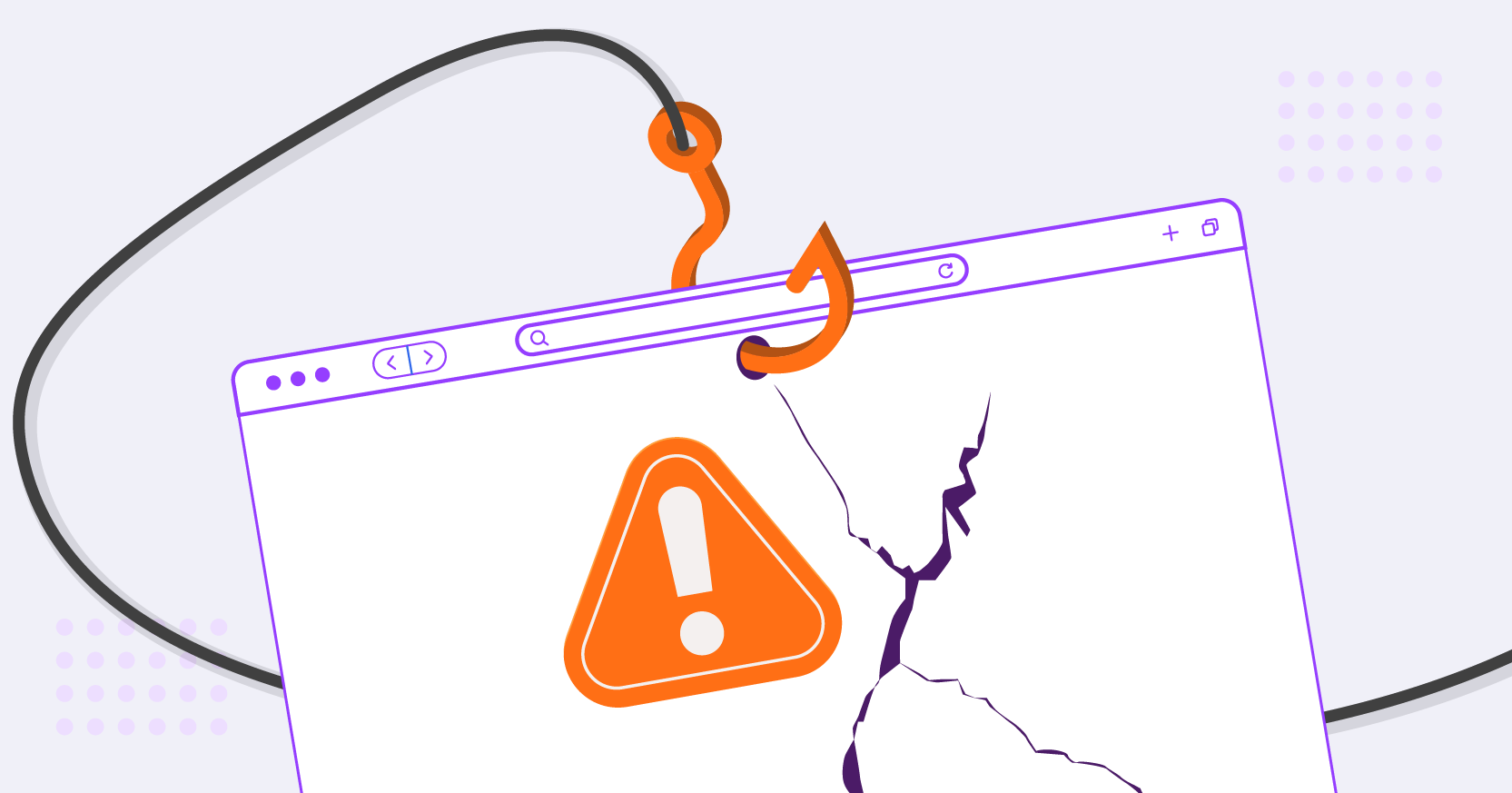world tour:
Join us for a live look at how Menlo’s Secure Enterprise Browser puts you ahead of attackers

Secure Application Access picks up where VPNs and VDI have failed – enabling a Zero Trust approach to cybersecurity through the browser.
Read more







